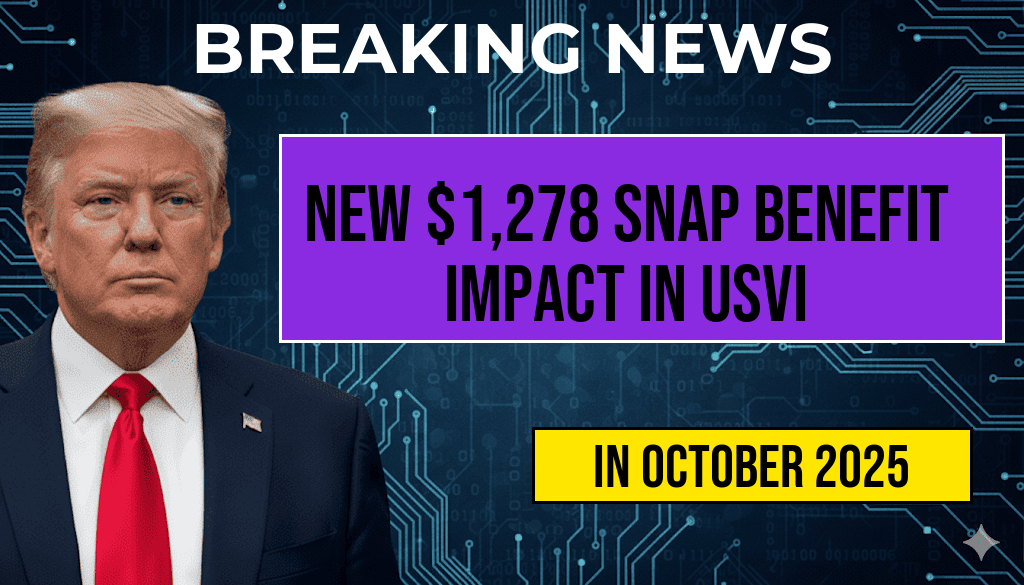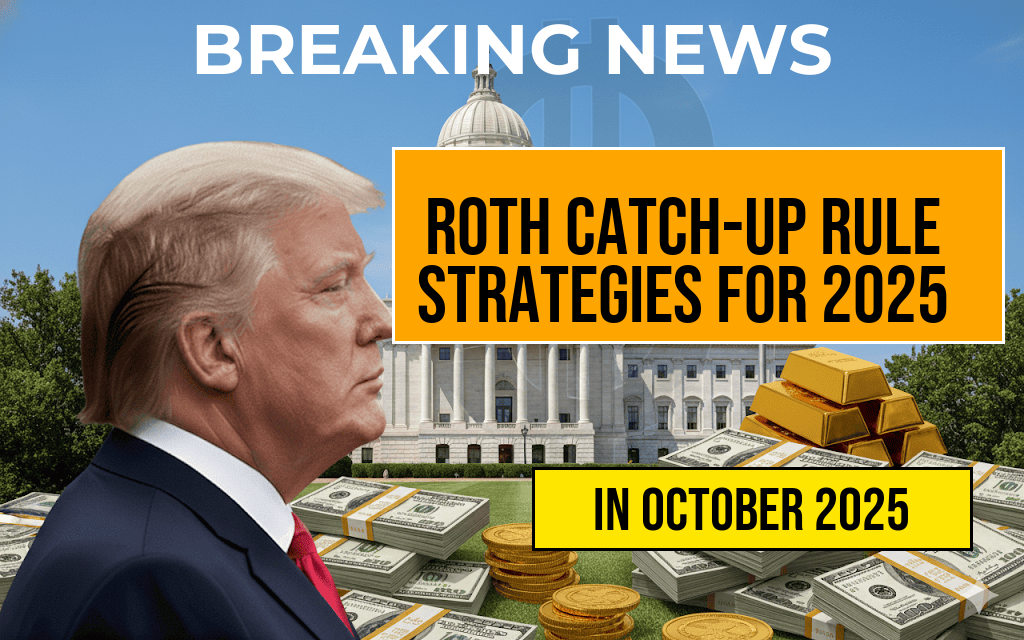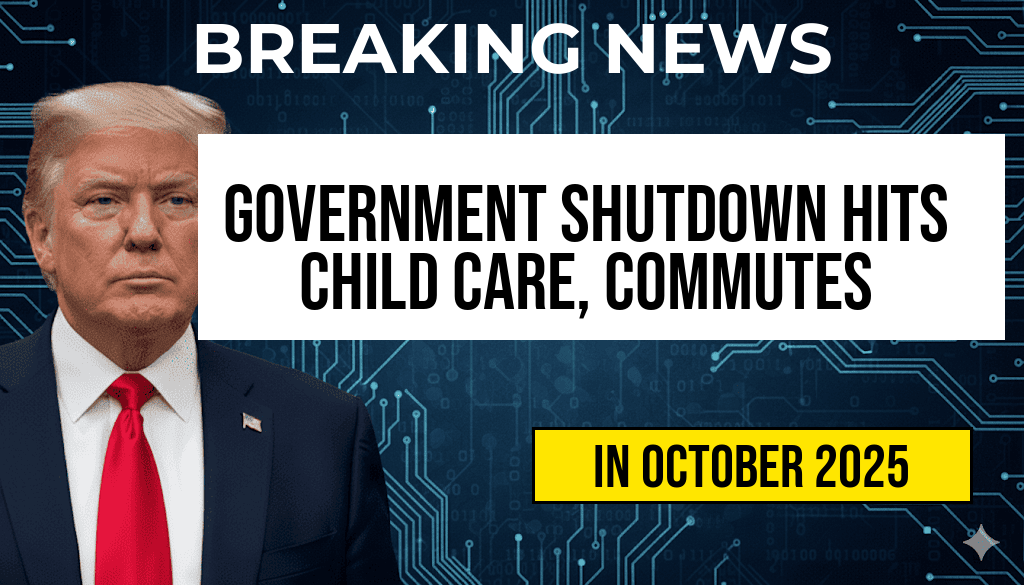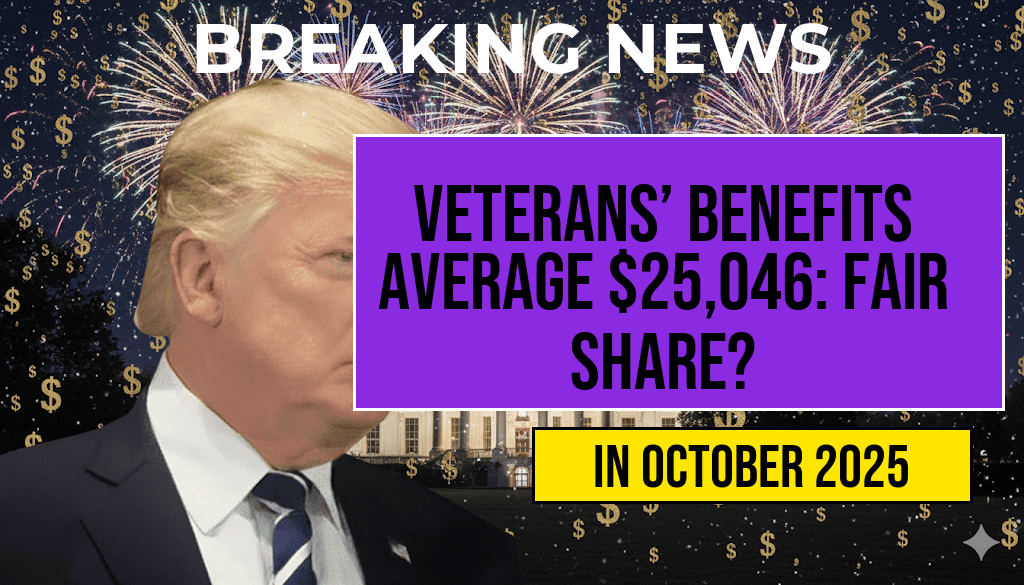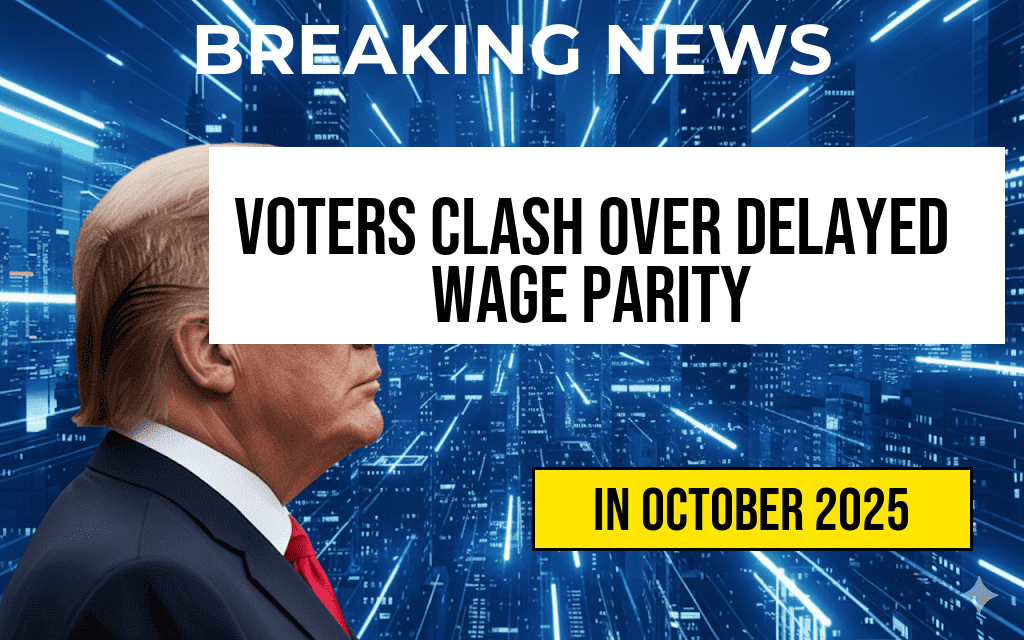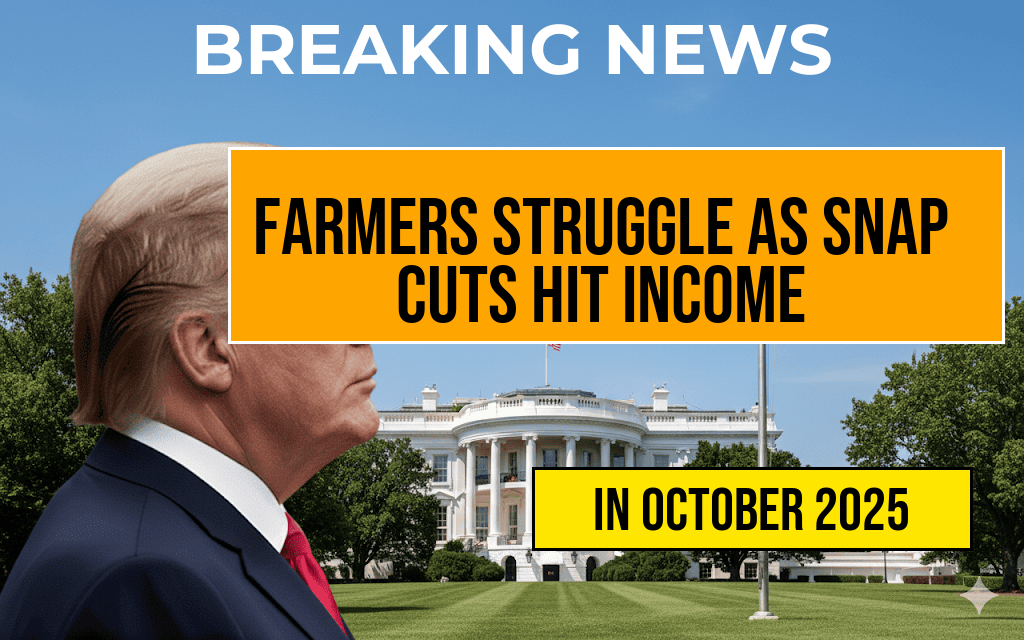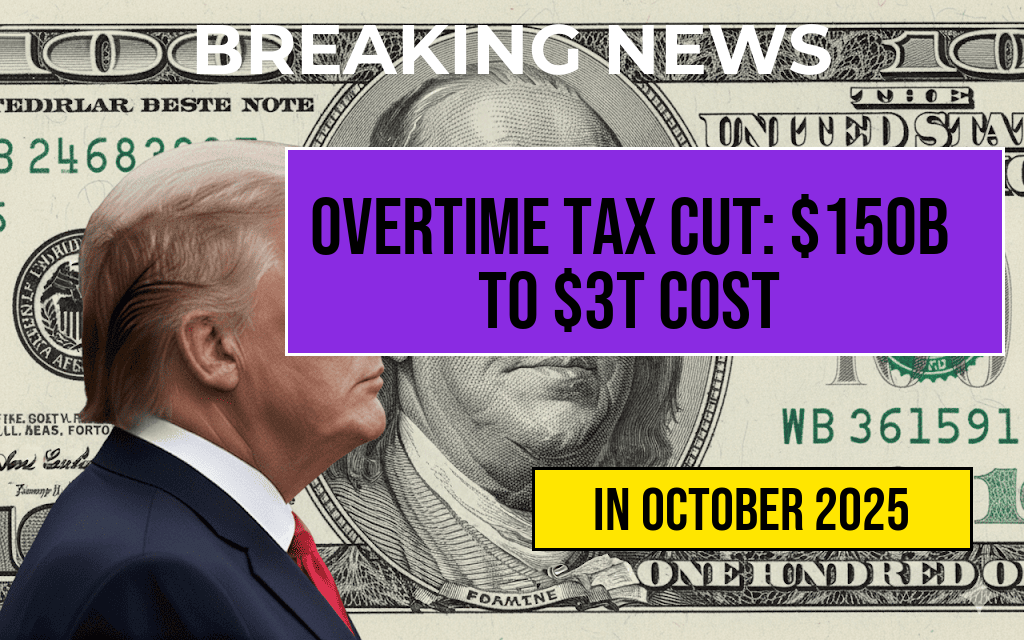In a recent council meeting, tensions flared as local voters expressed their discontent with the postponement of a much-debated policy concerning tipped wage parity. The city council has decided to delay the implementation of wage parity until 2034, a move that has left many workers and advocates worried about the future of their earnings. The proposed legislation aimed to increase the minimum wage for tipped workers to align more closely with the standard minimum wage. Currently, the minimum wage for non-tipped employees stands at $10 per hour. Advocates argue this delay will exacerbate financial instability for low-income workers who rely heavily on tips to supplement their income.
Understanding Tipped Wage Parity
Tipped wage parity refers to the alignment of wages for tipped workers, such as waitstaff and bartenders, with those of non-tipped workers. In many states, tipped workers are paid a lower base wage, with the expectation that tips will make up the difference. Critics of this system argue that it perpetuates income inequality and can lead to unpredictable earnings.
Current Wage Structure
- Minimum Wage for Non-Tipped Workers: $10 per hour.
- Minimum Wage for Tipped Workers: $3.75 per hour (subject to change based on tips received).
The disparity in wages has led to calls for reform, especially in light of the increasing cost of living in urban areas. Many advocates believe that a fair wage is critical for the economic stability of families who depend on these jobs. The decision to delay the implementation of wage parity until 2034 has raised concerns among workers about their ability to make ends meet.
Impact on Workers
For many tipped workers, the current wage structure is insufficient to cover basic living expenses. The delayed wage parity not only affects their immediate earnings but also has long-term implications on financial stability, savings, and overall quality of life. With inflation and rising living costs, workers fear that the lack of wage increases will push them further into financial insecurity.
Public Response
The public response to the council’s decision has been mixed, with many expressing disappointment and frustration. During the council meeting, numerous voters voiced their concerns, emphasizing the need for immediate action rather than a prolonged delay. Some key arguments presented by the public include:
- The rising cost of living necessitates an immediate increase in wages.
- Many tipped workers are unable to afford basic necessities, such as housing and healthcare.
- The current wage structure encourages reliance on tips, which can be inconsistent and unpredictable.
Economic Considerations
Economic experts note that the delay in implementing tipped wage parity could have broader implications for the local economy. With a minimum wage that does not keep pace with inflation, consumer spending could decline as workers have less disposable income. This, in turn, can impact local businesses that rely on a healthy customer base.
Future Projections
As the city approaches the target year of 2034 for tipped wage parity, it is essential to consider the potential outcomes:
| Year | Impact on Tipped Workers | Local Economic Growth |
|---|---|---|
| 2024 | Continued financial strain | Slow growth |
| 2029 | Increased advocacy for wage reform | Potential stagnation |
| 2034 | Implementation of wage parity | Gradual recovery |
Conclusion
The decision to delay tipped wage parity until 2034 has significant implications for both workers and the local economy. As advocates continue to push for immediate reform, it remains to be seen how the council will address the concerns of voters and the economic realities faced by tipped workers. The dialogue surrounding wage parity is expected to intensify as the date approaches, putting pressure on policymakers to reconsider their stance and advocate for equitable wages.
For more information on wage policies and their implications, visit Forbes or Wikipedia.
Frequently Asked Questions
What is the new minimum wage proposed in the article?
The article discusses a proposed $10 minimum wage that aims to address wage disparities for workers, particularly in the context of the delayed wage parity set to take effect in 2034.
Why has the implementation of wage parity been delayed?
The delay in the implementation of wage parity until 2034 has led to significant backlash from voters and advocates who believe that immediate action is necessary to ensure fair pay for workers.
What are the implications of a $10 minimum wage on workers’ paychecks?
The $10 minimum wage could significantly impact workers’ paychecks, potentially lifting many out of poverty, but it may also result in higher costs for employers, which could affect hiring practices.
How are voters reacting to the council’s decision?
Voters have expressed their dissatisfaction with the council’s decision to delay wage parity, indicating that they believe it undermines efforts to achieve fair wages for all workers.
What are the potential economic effects of delaying wage parity?
Delaying wage parity could lead to continued income inequality and may affect consumer spending as workers with lower wages have less disposable income, ultimately impacting the broader economy.

